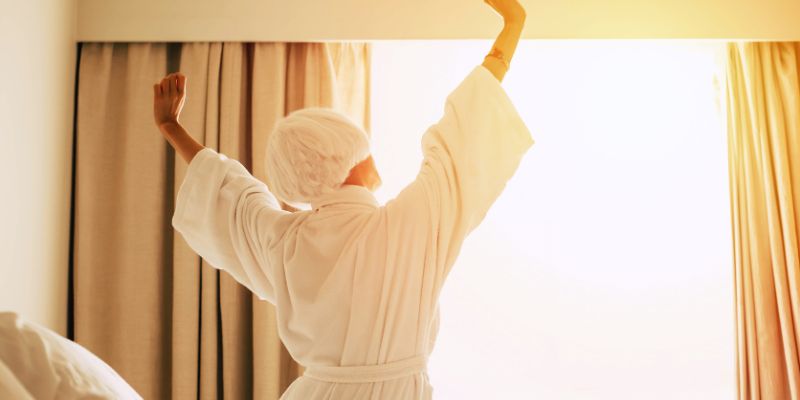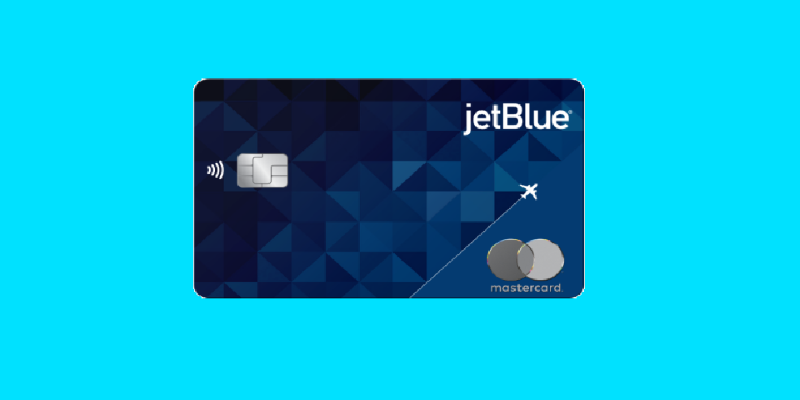Health, mood, and output all depend on sleep habits. Early birds and night owls are the two main types people usually fall into. Early birds become energized in the morning and wake early. On the other hand, night owls would rather stay up late and have greater success working late. Both trends offer special advantages and difficulties.
Your sleep pattern can affect production, physical health, and mental state. The benefits and drawbacks of different ways of life are discussed in this article. We will also advise you on how to match your sleeping schedule to improve your health. Is getting up early really better for you, or may late-night creativity help? Discover which way of life most suits you.

Early Birds: Benefits and Challenges:
Early birds enjoy the morning. Feeling rested, they wake up with the sun. Energy in the morning helps people finish chores quickly. Studies reveal early risers typically have higher output. Their stress levels are also reduced. Breakfast or exercise are among the better habits morning rituals encourage.
Still, early birds have certain drawbacks. Many times, social activities take place in the evening, which makes it difficult to keep awake. Early waking times could cause some people to suffer from sleep deprivation. Additionally, it is difficult for early risers to acclimate to night shifts. Waking early is a natural advantage, but only if one can sleep regularly. Even early birds might become weary without enough rest.
Night Owls: Benefits and Challenges
Night owls are more active late at night or in the evening. Usually, this calendar fits creative projects or brainstorming sessions. About study or job hours, night owls often show more flexibility. The peaceful, distraction-free evening hours also help them.
On the downside, this sleep schedule contradicts civilization's conventional 9–to–5 schedule. Night owls may find it difficult to get up for early events. Studies reveal they are more likely to have mental health problems. Bad alignment with social conventions can cause worry and tension. Late-night eating could also increase weight. For night owls, juggling health and night activity becomes vital.
Health Impacts of Being an Early Bird
Those who rise early often have better cardiovascular health. Research has linked early waking to decreased blood pressure and improved cardiac function. The body's internal clock is regulated in part by morning light exposure. This synchronization increases mental clarity and energy levels throughout the day.
Early birds also are less likely to be depressed. Their itineraries frequently follow social conventions, therefore lessening social jet lag. One of the typical morning activities, exercise also helps mental wellness. Still, early rising calls for discipline. Short sleep spans or poor quality of sleep can cause tiredness. Sleep deprivation raises a lifetime risk of chronic diseases over time. Early birds must ensure they get enough rest to keep these advantages.
Health Impacts of Being a Night Owl:
Many times, night owls have better creative ability. They might be quite good at music, writing, or painting. This schedule encourages the original capacity for problem-solving. Night owls do, however, suffer from health issues. Late-night sleeping throws off the body's circadian rhythm. This imbalance raises the obesity and diabetes rates.
Furthermore, inconsistent sleep patterns damage the immune system. Another often occurring problem is social jet lag. Night owls fight to fit their schedule with social expectations. Anxiety or depression are among the mental health issues that can follow from this gap. Emphasizing balanced foods and good sleep hygiene can lower these chances.
Can You Switch Your Chronotype?
Your chronotype is the way you naturally like to wake and sleep. Biology and genetics have a part in it. Your chronotype cannot be entirely changed; however, you can modify it somewhat. One can benefit from progressively changing their sleeping pattern. Start each day by going to bed 15 minutes earlier or later. The key is consistency; keep to the same plan, even on weekends.
Natural light also helps reset your internal clock. While evening light may help night owls, morning light helps early birds remain energized. Lifestyle changes can also help; such activities include exercise and good nutrition. Although it can be difficult, matching your calendar to your objectives will help you to be more generally healthy.
Tips for Early Birds to Stay Healthy:
Maintaining their energy requires early birds to prioritize quality sleep. Even on weekends, keep to a consistent sleeping pattern. Steer clear of activities too stimulating before bed to guarantee thorough relaxation. Add morning practices, including gentle exercise or meditation. These techniques increase attention and help lower stress. A nutritious meal gives you the vitality you need to start your day.
Steer clear of early morning overcommitting. If you feel worn out, let yourself sometimes fall asleep for longer periods. Recall that wellness is more about balance than about rigid schedules. Long-term well-being depends on your body listening.

Tips for Night Owls to Stay Healthy:
Night owls can flourish with sensible scheduling. Pay particular attention to developing a soothing evening ritual. Cut the lights and steer clear of screens one hour before bed. Though tempted to sleep in, keep your wake-up time constant. That lowers the risk of social jet lag.
Plan meals to cut late-night munching, which can compromise metabolism. Include nighttime exercises to relax. Make sure your room is calm and dark to encourage improved sleep. Night owls can savor most of their schedule by juggling health-conscious decisions with creative expression.
Which Sleep Schedule Fits Your Lifestyle?
Your preferred sleeping schedule will rely on your personal and professional demands. Early birds could find more fitting traditional job hours. Their calendars line most businesses and schools. Early productivity and disciplined habits are familiar favorites of morning people.
On the other hand, night owls could do well in adaptable surroundings. Freelancers or creative experts can like working late at night, which lets them make the best use of their nighttime peak energy. The key is to adjust your sleeping pattern to fit your medical requirements. Give consistency and quality top priority instead of particular waking hours. Changing your lifestyle to fit your natural rhythm will improve your health.
Conclusion:
Your sleep pattern greatly influences your health regardless of whether you are an early bird or a night owl. Every way of living has special advantages and drawbacks. Early birds can have better harmony with society's expectations and better habits. But night owls excel in adaptability and innovation. Both groups depend on balance and guaranteed excellent sleep. Listen to your body; give consistency top priority. The optimum sleep pattern for your well-being and way of living will determine each other. Accept your rhythm and act to maximize your health right now.












